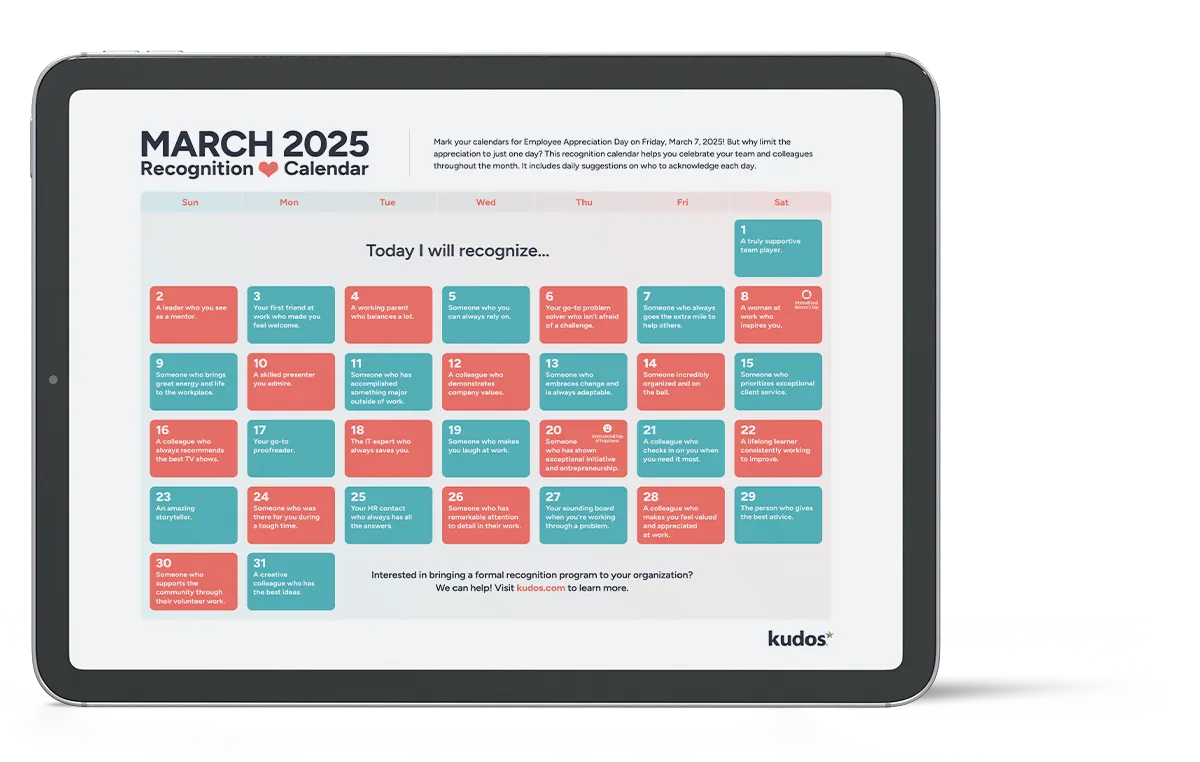Managing Culture During Corporate Change
Culture
November 19, 2024
Taryn Hart
X min
Culture
November 19, 2024
Taryn Hart
X min

When going through a major corporate change, whether it be a merger, an acquisition, or a company transformation, the decisions you make today will shape your company’s future for years to come.
While these corporate transformations come with their fair share of challenges, they also offer a unique opportunity to build a new, healthy, and high-performing organization. One of the most critical factors in achieving this success is how well the newly formed entity integrates and aligns its cultures.
Let’s explore why proactive cultural integration is essential, and how to navigate the challenges that come with corporate change.
Download Kudos for Corporate Transformations to learn more about how to overcome the cultural challenges of mergers and acquisitions and corporate change.
Before we dive in, it’s important to understand what exactly organizational culture is. It may seem like an easy-to-understand concept, however there’s a lot that goes into defining your culture. When going through corporate change, it might be helpful to go back to the basics and truly understand what culture is.
Organizational culture refers to the shared values, beliefs, behaviors, and practices that characterize an organization. It is the social glue that binds members of the organization together and influences how they interact with each other and with external stakeholders.
Key components of organizational culture include:
“Building a successful work culture is not easy. Culture is the shared values, beliefs, behaviors, and norms that exist in your organization.” - John Odike, the Vice President of Human Potential at Wesley Enhanced Living.
When behaviors and values conflict, behavior is a better indicator of culture. For example: an organization that frequently schedules meetings after normal working hours may not value work-life balance, even if they say they do.
Organizational culture is critical because it shapes the work environment and has a profound impact on employee engagement, satisfaction, productivity, and drives the organization toward achieving its goals.
Corporate changes, like mergers and acquisitions (M&A) often bring together two organizations with distinct cultures, values, and practices. While this diversity can be a strength, it also presents significant challenges. According to a McKinsey & Company report, a lack of cultural cohesion is one of the primary reasons why integration efforts fail.
95% of executives describe cultural fit as critical to the success of a merger or acquisition.
During this pivotal time, organizations typically fall into one of two camps:
Unfortunately, many companies choose the first option, resulting in misalignments and conflicts that are harder to resolve later.
The concept of "culture by design vs. culture by default" underscores the importance of intentional cultural planning:
Culture by design: A proactive, designed approach involves deliberate actions to create a cohesive and supportive environment that aligns with the organization’s strategic goals.
Culture by default: allowing the culture to evolve without guidance often leads to a disjointed and ineffective workplace atmosphere.
By adopting a culture by design approach, companies can ensure that their new, unified culture reflects the best of both organizations, aligns with business objectives, and supports long-term success.
A proactive approach to cultural integration is not just about preventing problems; it’s about creating opportunities. Corporate changes provide a rare chance to revisit and refine your company’s values, address longstanding cultural issues, and set new cultural goals that resonate with your combined workforce.
Being proactive ensures a smoother transition and aligns the new, unified culture with your organizational goals. Rather than reacting to problems as they arise—or worse, trying to fix them after the fact—a proactive strategy allows you to plan ahead, set clear objectives, and navigate the complexities of cultural integration with confidence.
Failing to address cultural integration can have serious consequences. Misaligned values between merging companies can lead to confusion, conflict, and decreased employee engagement. Employees who feel uncertain or neglected during this time are less likely to be committed to their work, which can result in productivity losses and, ultimately, impact the bottom line.
The Kudos platform is designed to play a vital role in cultural integration during corporate change. By encouraging recognition across all levels and departments, Kudos helps build a positive workplace culture where everyone feels valued and connected. Here’s how Kudos can support your cultural integration efforts:
In addition to these benefits, Kudos provides ongoing support through features like the AI-powered recognition assistant, group eCards, automated birthdays, anniversaries and milestones celebrations, pulse surveys and people analytics to track progress and provide insights into how well the cultural integration is resonating with your team.
CAAT is committed to employee engagement and purpose alignment in the workplace.
CAAT’s organization has more than doubled since the 2020 pandemic started, and maintained its thriving culture by connecting everything to values and goals, including recognition.
“When exploring options, we found the Kudos platform to be the best for us in terms of scalability and flexibility.” - Julie Giraldi, Chief Human Resources Officer, CAAT Pension Plan
Successfully integrating cultures requires a structured, step-by-step approach:
Navigating the complexities of corporate change requires more than just financial and business acumen; it requires a deep commitment to cultural integration. By leveraging Kudos’ recognition platform, your organization can turn any challenge into an opportunity to build an exceptional culture.
By partnering with Kudos, you’re equipping your organization with the tools and insights needed to create a cohesive, high-performing culture that stands the test of time.

A newsletter with the best resources for HR professionals.


Challenge yourself to celebrate your team all month long with these helpful prompts.
Get Your Guide